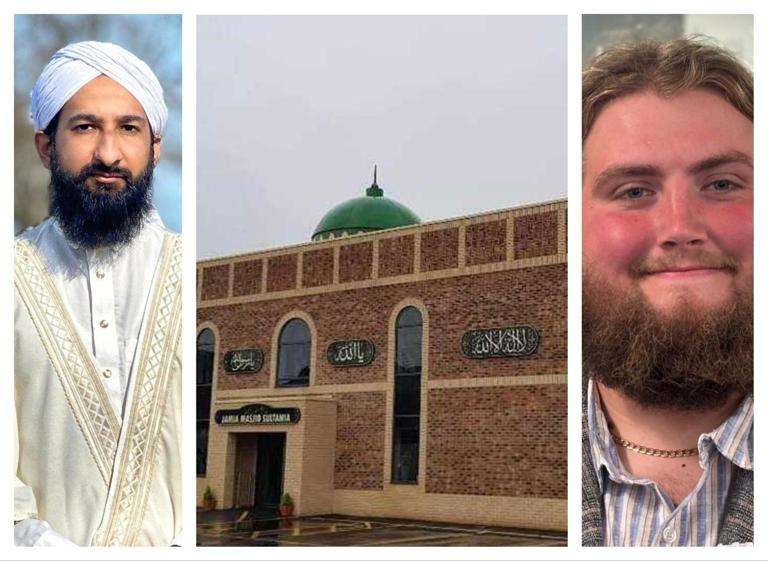In a stern application of its judicial system, Saudi authorities have announced the execution of a Saudi woman in Mecca, who was convicted of a brutal acid attack that killed her husband. The Ministry of Interior released a statement confirming the execution, identifying the deceased as F.D.A., who succumbed to injuries after his wife, H.M.T., doused him with a corrosive substance while he was sleeping.
The Ministry's statement detailed the crime as a "heinous act, involving the unjust taking of an innocent life," and underscored that the death sentence was carried out as a "deterrent" to others. The woman was convicted of premeditated murder, and her sentence was upheld through every judicial stage, including the Court of Appeal and the Supreme Court. The final execution was carried out by Ta’zir, a form of discretionary capital punishment under Islamic law where the penalty is not fixed in the Quran or Hadith but is decided by a judge. This form of punishment is often applied to crimes considered to be in the public interest to prevent.
The incident has drawn attention to the kingdom's use of capital punishment, which human rights organizations have frequently criticized for its high frequency and for being applied to a broad range of offenses, including non-violent crimes. The execution of H.M.T. is one of several executions of women in the kingdom this year.
Read also: Bangladeshi arrested for killing wife on Eid Al Fitr in Mecca
This case adds to a growing number of executions in the kingdom, which has seen a significant surge in recent years. As of recent reports, the total number of executions in Saudi Arabia this year has reached 248, a rate that, if it continues, is on track to surpass previous annual records. Human rights groups such as Amnesty International and Human Rights Watch have noted that a large portion of these executions, particularly in recent months, have been for drug-related offenses, with foreign nationals disproportionately represented among those executed. The high number of executions has been a point of concern for human rights advocates who highlight the lack of fair trial standards, including inadequate legal representation and confessions obtained through duress.
The execution of H.M.T. in Mecca, the holiest city in Islam, serves as a stark reminder of the kingdom's unyielding stance on capital crimes, particularly those involving domestic violence and premeditated murder.
E. Latest Update on Bangladeshi Man Who Killed His Wife in Makkah on Eid Day:
In a separate, but equally tragic case, new details have emerged regarding the murder of a Bangladeshi woman by her husband in Makkah. The incident, which occurred on the morning of Eid day, shocked the local community.
While Saudi authorities initially took Islam’s father and brother into custody for questioning, the latest updates from Bangladesh indicate that the primary suspect, Hasibul Islam, remains a fugitive. The incident has deeply saddened the Bangladeshi community in Makkah and in Bangladesh, highlighting the pervasive issue of domestic violence that transcends borders and cultural backgrounds. The search for Hasibul Islam continues, with law enforcement working to apprehend him to bring him to justice for the brutal act.


_9.jpg)




_4.jpg)
.svg)


_2.jpg)